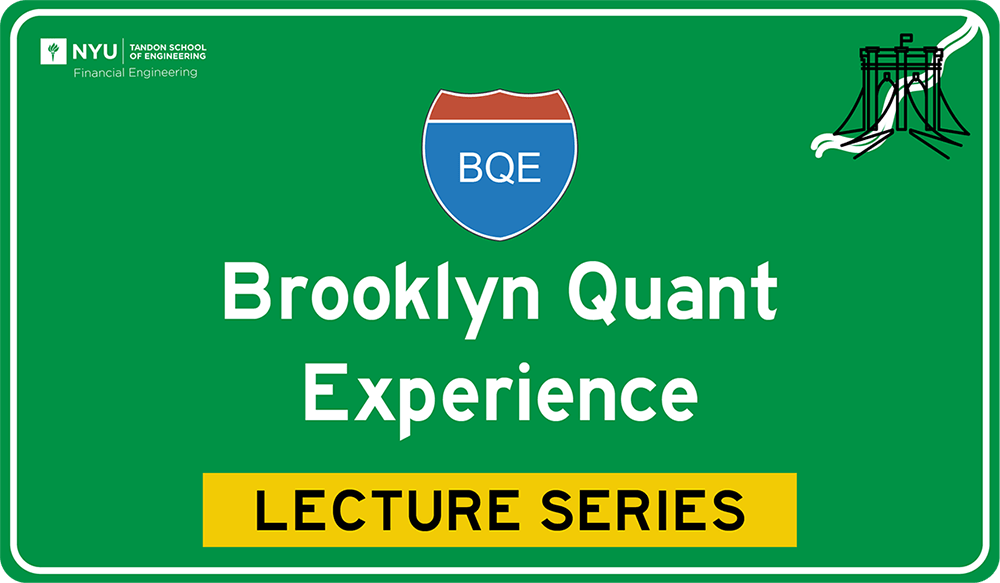
George Skiadopoulos, Professor of Finance in the School of Economics and Finance, Queen Mary University of London and Department of Banking and Financial Management, University of Piraeus, will give the following talk on Thursday, April 22nd at 9:30 AM EST.
*Kindly note that we have changed the time to 9:30 AM on Thursdays. The new time change allows our invited international guests to join these important virtual talks.
Meeting ID: 962 1586 0443
Password: FREBQEGS
Title
The Contribution of Frictions to Expected Returns: An Options-based Estimation Approach
Abstract
We document that properly scaled deviations from put-call parity estimate the contribution of market frictions to expected returns (CFER) accurately, by means of a nonparametric theoretically founded identification strategy. The required conditions are that our estimator predicts the underlying but not the synthetic stock’s return. The data satisfy the two conditions; the alphas of the estimated CFER-sorted spread portfolios are up to 1.86% per month. The estimated CFER covaries non-linearly with proxies of market frictions. An agent-based equilibrium model explains our findings; alphas can be twice as big as the round-trip transaction costs, thus corroborating the accuracy of our estimator.
Bio
George Skiadopoulos is a Professor of Finance at the Department of Banking and Financial Management of the University of Piraeus and at the School of Economics and Finance of Queen Mary University of London. He is also Director and co-Founder of the Institute of Finance and Financial Regulation (IFFR, www.iffr.gr) and an Honorary Senior Visiting Fellow at Business School (formerly Cass) City, University of London.
His research interests and professional expertise lie in asset pricing, commodities, financial derivatives, risk management, and portfolio management. He has published in academic journals, including the Management Science, Journal of Financial and Quantitative Analysis, Journal of Business and Economic Statistics, Journal of Banking and Finance, and the Journal of Financial Markets. He has been awarded research grants by the Chicago Mercantile Exchange Foundation Group, the J.P. Morgan Research Centre in Commodities at University of Denver Colorado, the Athens Derivatives Exchange, and the Portuguese Foundation for Science and Technology (FCT). His work has been featured in CFO Magazine, Economonitor, Forbes, Market Watch, Seeking Alpha, The Verdict Wall Street Journal, and the CFA, Citigroup, and Global Commodities Applied Research Digest Volumes.
Professor Skiadopoulos has been consulting financial institutions. He has also worked as a Research Fellow at the Financial Options Research Centre at Warwick Business School, the R&D Group of the Athens Derivatives Exchange, and he has provided various executive training courses.
He holds a Ph.D. in Finance from the University of Warwick, an M.Sc. In Mathematical Economics and Econometrics from the London School of Economics, and a Ptychion (ranked first in his graduating class) in Economics from the Athens University of Economics and Business. For more information, visit https://sites.google.com/view/george-skiadopoulos.

 Dear All,
Dear All,